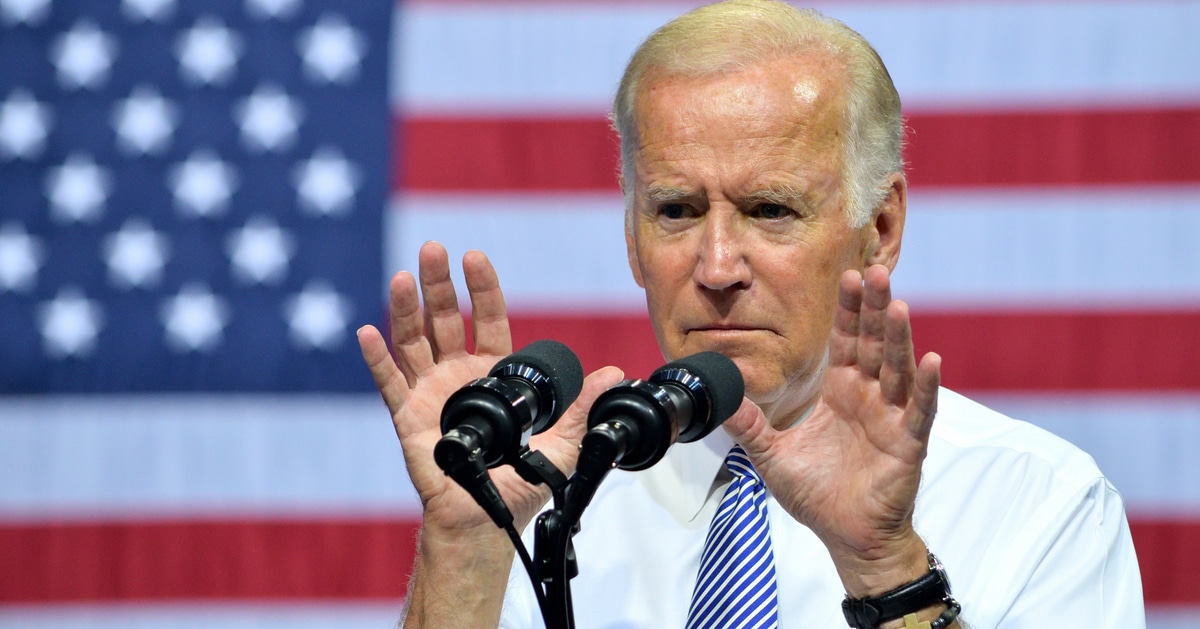

Manhattan District Attorney Alvin Bragg has subtly changed his stance regarding former President Donald Trump's upcoming sentencing, signaling a new direction amid legal developments.
The National Review noted that Bragg's shift comes after the Supreme Court's ruling on July 1, which clarified that former presidents are not immune from criminal prosecution, creating a clearer path for Trump's sentencing.
Bragg, who had previously taken a neutral position on delaying the sentencing, now appears to be in favor of moving forward, a shift that may have political implications.
Initially, Bragg's office had expressed no objection to a postponement, given the uncertainty surrounding the Supreme Court's decision.
However, a letter from his office, led by Assistant District Attorney Matthew Colangelo, now seems to lean toward allowing the sentencing to proceed. Despite still "deferring to the court," Bragg's office has introduced security and resource concerns as factors in the decision-making process.
The sentencing of Donald Trump is set for September 18, following a ruling by the U.S. Supreme Court on July 1 in the case of Trump v. United States.
The Court rejected the notion that former presidents are immune from criminal prosecution, effectively clearing the legal path for Trump's sentencing. Trump had previously argued that his status as a former president granted him immunity from certain legal proceedings, but this argument was overturned.
Meanwhile, the presiding judge in the case, Judge Juan Merchan, has not yet ruled on Trump's motion to postpone the sentencing.
Merchan is expected to make a final ruling on the matter by September 16, just two days before the scheduled sentencing. Trump's legal team has accused the judge of delaying the decision to impede Trump's appellate options.
The timing of the sentencing has raised eyebrows, as it coincides with the start of early voting in Pennsylvania. Political analysts suggest that the September 18 date could be strategically advantageous for Democratic politicians, including Vice President Kamala Harris, who may seize the opportunity to refer to Trump as "a convicted felon" during campaign events. This potential political use of the sentencing adds another layer of complexity to the ongoing legal battles.
In addition to the postponement request, Trump's legal team has also filed a motion to move the case from state court to federal court.
The motion is being overseen by Judge Alvin Hellerstein, who previously rejected a similar motion in July. The outcome of this latest attempt to transfer the case remains uncertain.
Trump's legal team has also faced setbacks in their efforts to remove Judge Merchan from the case. They filed a motion for Merchan's recusal, citing allegations of bias due to his past campaign contributions and his daughter's involvement with Democratic campaigns.
Despite these arguments, the motion was denied, allowing Merchan to continue presiding over the case.
Bragg’s office has not explicitly voiced an opinion on this recusal issue but has indicated that it will defer to the court on any further procedural questions. Colangelo’s letter, which hints at Bragg’s evolving stance, suggests a calculated approach as the case moves forward.
In recent communications, Bragg’s office has referenced concerns about security and the resources required to manage the high-profile case as potential reasons for a delay.
This is a departure from earlier positions, where the district attorney’s office maintained a more neutral stance on the scheduling of the sentencing. The inclusion of these concerns seems to add weight to the possibility that Bragg is positioning himself in favor of the sentencing proceeding as planned.
Security concerns are not new to this case, as previous proceedings involving Trump have required heightened law enforcement presence. The upcoming sentencing will likely attract significant public attention and could necessitate additional precautions, further complicating the logistics of the event.
As the sentencing date approaches, Trump’s legal team continues to face challenges on multiple fronts. In addition to the motion to postpone sentencing and the attempt to move the case to federal court, Trump’s lawyers are also grappling with the fallout from the Supreme Court’s ruling.
With no presidential immunity to rely on, Trump’s defense must now navigate a legal landscape that offers fewer protections for a former president.
Judge Merchan’s decision, expected on September 16, will be critical in determining whether the sentencing proceeds as scheduled. Should the judge rule against Trump’s motion for a postponement, the former president could be sentenced just two days later, in a moment that will likely reverberate across the political landscape.



